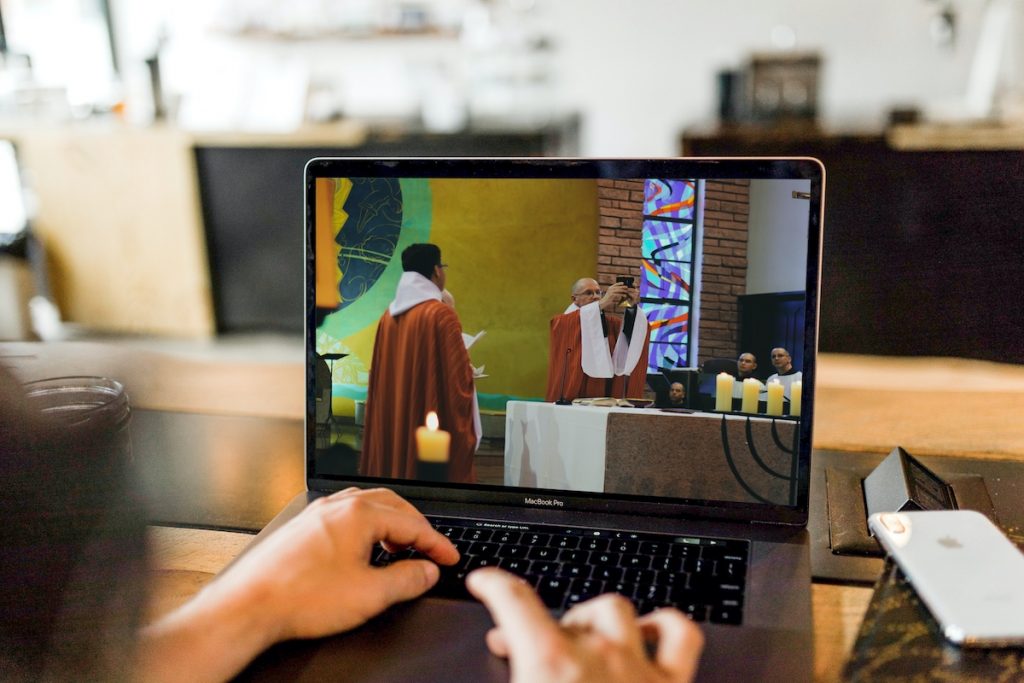 If this pandemic will change our society, then it will certainly change our church. As more stringent measures are put in place to keep people apart, people of faith have had to begin to reimagine what church is. If the Catholic Church abuse crisis did anything, it was a staunch reminder that the church is not the hierarchy or the institution or a building. It is the People of God. Now, more than ever, the People of God are being reminded of this. Yet many, understandably, are clinging to the church that we’ve come to know. Churches and dioceses have begun to live-stream Masses and religious services, even offering drive-thru confessions (though that’s reducing). I’ll be honest, watching Mass online doesn’t really do much for me. It’s not the same. I’ve heard many others voice the same thing, and so they don’t watch Mass online. Instead, they are finding other ways of connecting with God and maintaining a community of faith, developing a stronger sense of the domestic church. I, for example, have felt more a part of a worshipping global community streaming a weekly Sunday Evensong with music, scripture, and prayer.
If this pandemic will change our society, then it will certainly change our church. As more stringent measures are put in place to keep people apart, people of faith have had to begin to reimagine what church is. If the Catholic Church abuse crisis did anything, it was a staunch reminder that the church is not the hierarchy or the institution or a building. It is the People of God. Now, more than ever, the People of God are being reminded of this. Yet many, understandably, are clinging to the church that we’ve come to know. Churches and dioceses have begun to live-stream Masses and religious services, even offering drive-thru confessions (though that’s reducing). I’ll be honest, watching Mass online doesn’t really do much for me. It’s not the same. I’ve heard many others voice the same thing, and so they don’t watch Mass online. Instead, they are finding other ways of connecting with God and maintaining a community of faith, developing a stronger sense of the domestic church. I, for example, have felt more a part of a worshipping global community streaming a weekly Sunday Evensong with music, scripture, and prayer.
This new time of attempting to be and engage with church is strange. For many of us, it will begin raising questions about what is essential to our own lived faith. Clergy are not deemed “essential” by civil authorities, which dioceses have affirmed for the sake of public health, and I imagine priests are wondering about their own vocational identity.
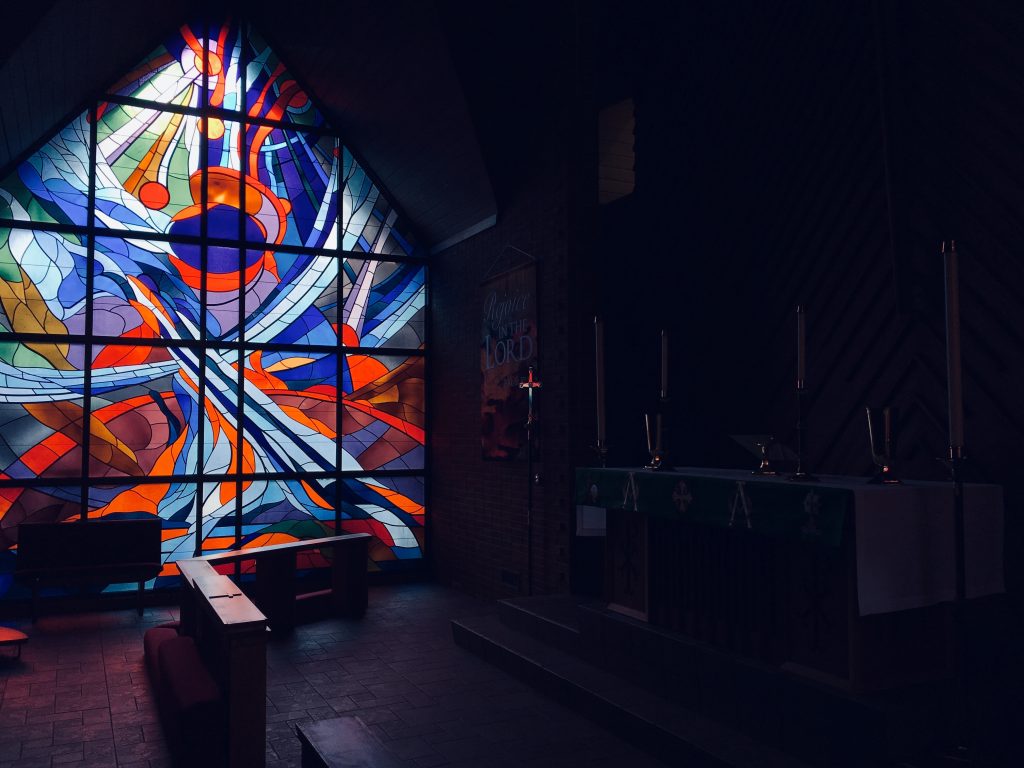 Entitled to the Sacraments?
Entitled to the Sacraments?
There is a letter circulating online that implores bishops to make the sacraments more available during this time of pandemic. It states that sacraments like the Eucharist are essential and that priests should be allowed and encouraged to distribute communion, hold parking lot Masses and confessions, and anoint the sick in hospitals. Some Catholics are livid that restaurants are open for takeaway but the Eucharist is not made available for them. For so long priests have been placed on a pedestal and now with an abundance of streamed Masses yet a lack of access to the sacraments it can be even easier to see priests as just sacramental vending machines. Cheers to the clergy who recognise that they have more to offer than just the sacraments or Masses: those who are calling parishioners to check in or offering spiritual direction or video recording spiritual reflections or leading virtual prayer. An editorial in Our Sunday Visitor objected to the letter to the bishops for a number of good reasons, partly for the health of the public and for the health of the aged presbyterate (a loss of which would be a real concern for the future of the hierarchical church). But it highlights something else for me which I think is just as important to consider.
There is this movement in some Catholic circles that we are entitled to receive the Eucharist, and that risking public health is worth this “right”. OSV reminds us that the sacraments are gifts from God and that gifts “are given on the giver’s terms.” While I understand that people get great comfort from receiving the sacraments, an importunate insistence on one’s “right” to receive them seems to come from a privileged, Western abundance mentality. Just as we have gotten so used to access to myriad choices of food and other consumer goods, we have been spoilt by easy access to the sacraments. Many people in other parts of the world do not have access to priests more than once or twice a year and can only receive the Eucharist as often as clergy visit. Perhaps this sacrifice can put us in solidarity with those folks who experience daily scarcity far more than abundance.
Sacramental Idolatry
This entitlement to the sacraments also reveals what I call a kind of “sacramental idolatry”, where the sacraments oddly trump God. The sacrament becomes the end, rather than the means to God. We’re living in a Magnificat moment, where “He has thrown down the rulers from their thrones but lifted up the lowly.” The priests who we’ve so relied upon for these sacraments cannot “do” what we’ve put them on a pedestal to do. Now we’re separated from them and we finally need to take ownership of our own priesthood and membership in the Body of Christ. I don’t mean to downplay the role of priests (I was on that path once) but we’ve made them into mere functionaries.
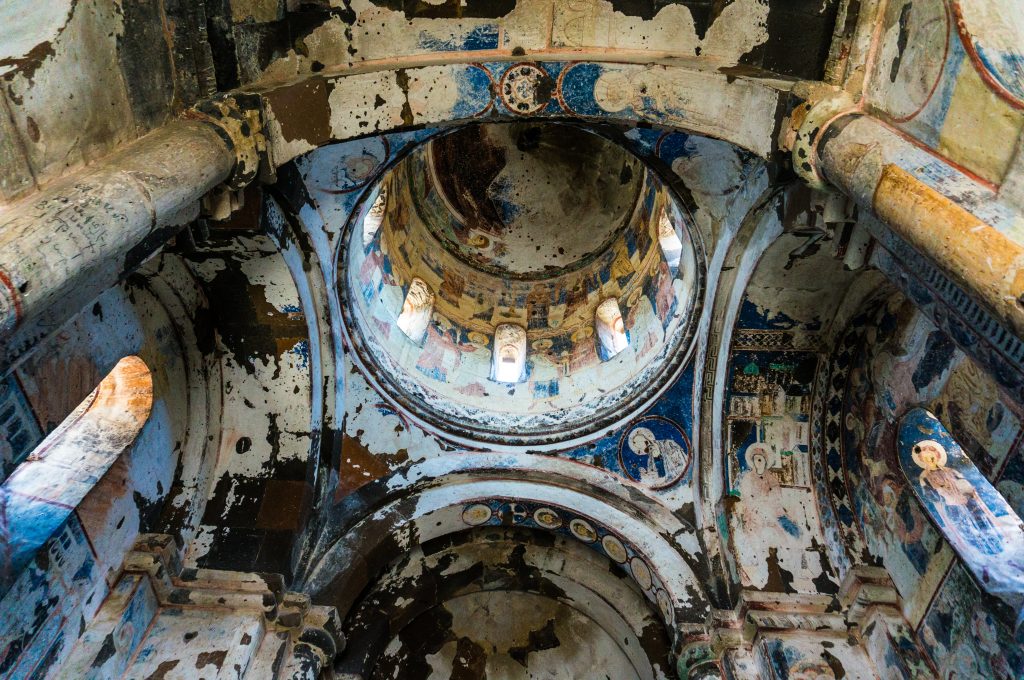 God is not bound by the sacraments. This time is a new challenge to encounter God in new ways, to truly find God in all things. The present situation where church is closed, Mass is online, and sacraments are inaccessible, highlights the sacramentality in other parts of our life—other ways we access God and other ways God reaches out to us: through family bonding time, Zoom meetings, time for prayer, and walks in our neighbourhood. On retreats, I’ve given a meditation on freedom that invites you to imagine the institutional church essentially closing up shop. The number of priests declines, church attendance grows smaller, dioceses merge, and eventually there are no more sacraments—at least not accessible to most people. How does this feel? St. Ignatius said that if the Society of Jesus (Jesuits) was ordered to shut down he would need just fifteen minutes in prayer in the chapel and he would be on his way. True freedom.
God is not bound by the sacraments. This time is a new challenge to encounter God in new ways, to truly find God in all things. The present situation where church is closed, Mass is online, and sacraments are inaccessible, highlights the sacramentality in other parts of our life—other ways we access God and other ways God reaches out to us: through family bonding time, Zoom meetings, time for prayer, and walks in our neighbourhood. On retreats, I’ve given a meditation on freedom that invites you to imagine the institutional church essentially closing up shop. The number of priests declines, church attendance grows smaller, dioceses merge, and eventually there are no more sacraments—at least not accessible to most people. How does this feel? St. Ignatius said that if the Society of Jesus (Jesuits) was ordered to shut down he would need just fifteen minutes in prayer in the chapel and he would be on his way. True freedom.
The Emerging Church
Now I don’t think the church will disappear entirely, but it will look very different. Perhaps it will look more like the movement Jesus began, which followed soon with intimate house churches and Eucharist shared around the common table — something some of us are doing on our own because of quarantine. Brian McLaren says that the future of Christianity will look less institutional and more decentralised and diverse.
It will not be anti-institutional because institutions are necessary for human survival, but neither will it be institutional, in the sense that it is preoccupied with its own survival or bringing benefits only to its members. Rather, it will be trans-institutional, working across institutions, both religious and non-religious, seeking the common good of those inside and outside the movement and the institutions it involves.
(Brian McLaren, “Three Christianities” in “The Future of Christianity” in Oneing, Vol. 7, No. 2, 2019)
The Church and its people will be waking up to what is essential for church to be church, which rituals and externals are of value and which distract from God. Some are discovering that the Mass was perhaps not as central to their faith as they thought, and they’re doing just fine spiritually without it. Some have uncovered a deep longing for it. Still some appreciated the Mass more for the community of faith it brought together. God knows I’ve had ecstatic and mediocre experiences of Mass. I’ve sometimes felt more communion with God walking with my spouse in our neighbourhood or singing evening prayer with people around the world than when I was at church. I’ve also experienced more healing in spiritual direction than in the Sacrament of Reconciliation. I know the sacraments are a real encounter with God, but I also know that God is not confined to them.
I hope when all this is over people come back to church and rejoice at the reunion, sing joyfully, pray with the scriptures more, and take time to get to know their fellow sisters and brothers. I hope they come back, but I hope they’re transfigured. I hope there is a new spiritual freedom and energy that springs up. Hopefully we come forth from this allowing what needs to die to die, allowing what needs to emerge to emerge. If the church as we know it someday appears to die, I know God will still be here, still be active. Resurrection is promised, but the resurrected body always looks different. And the Church in its truest sense will always be here because we will always be God’s people.
Listen to the podcast version of this post…

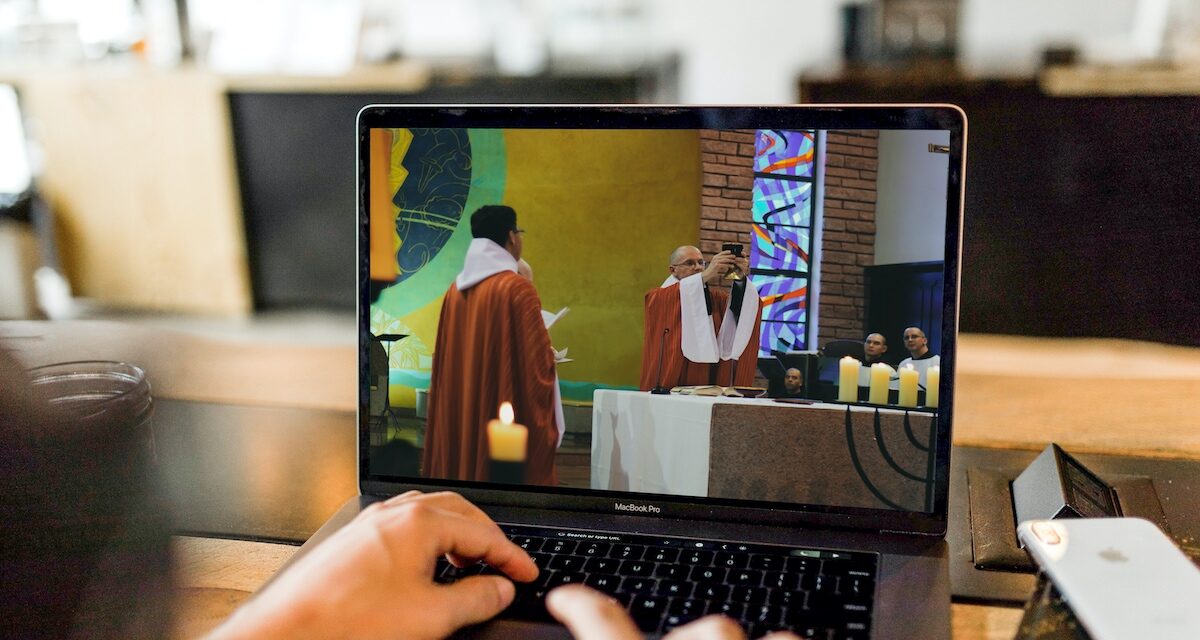
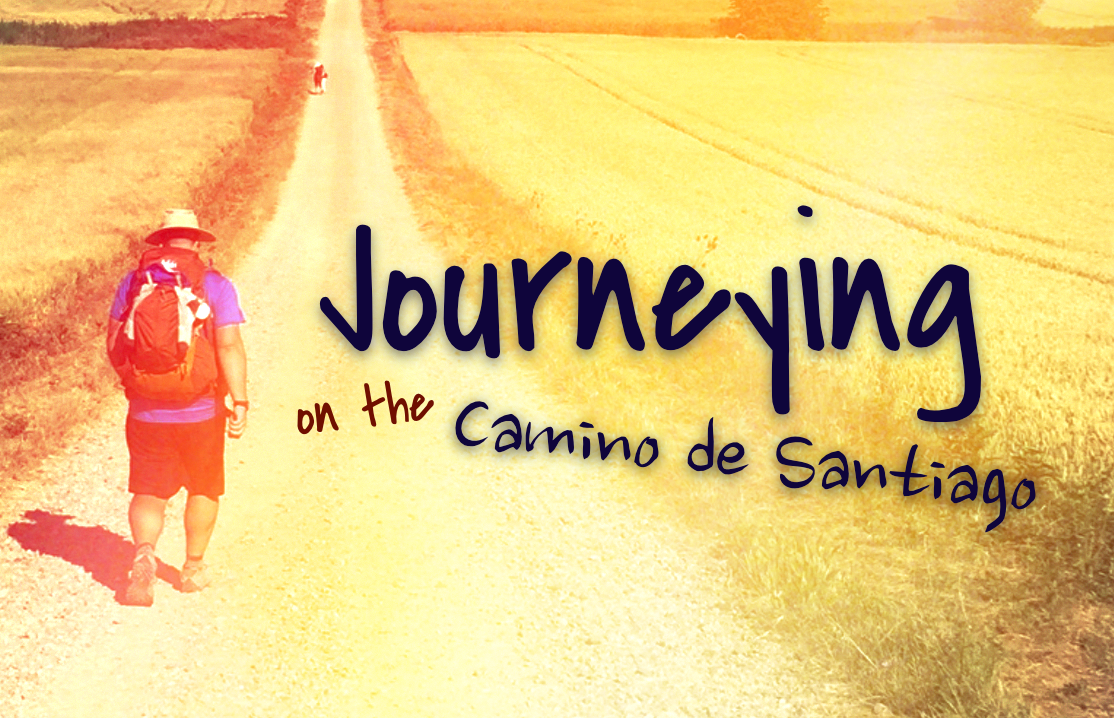
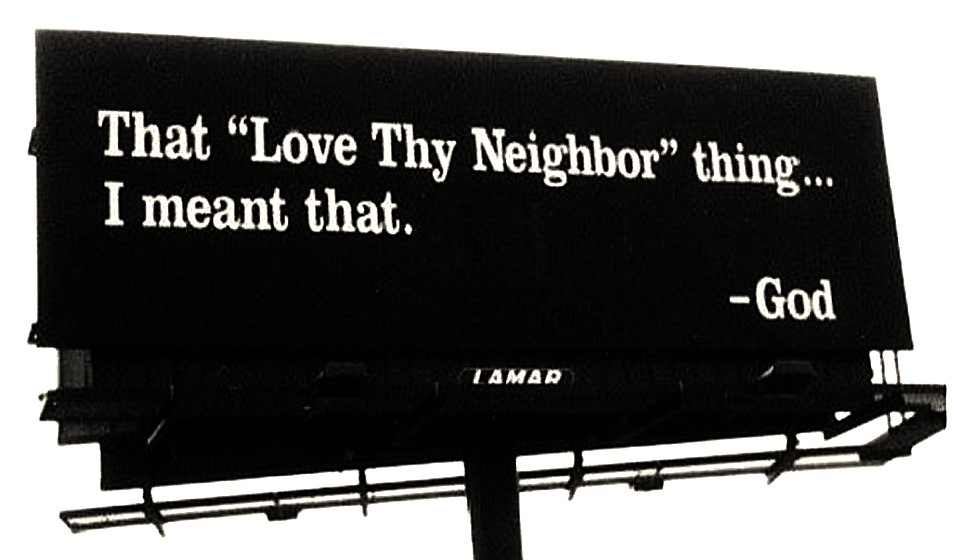
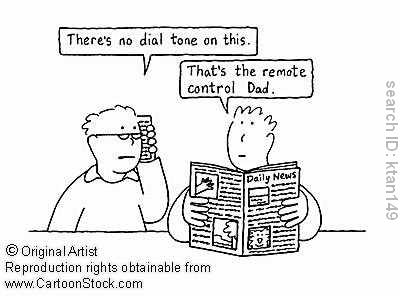




I don’t agree generally with your thoughts as our Lord left us the sacraments as the way to be united to Him and to access the graces He gives through the sacraments. Your line of thinking makes the sacraments redundant and obsolete and divests the Catholic Church of her identity and substance making of her another protestant branch that has no supernatural substance but all human fanciful ness. It is a dangerous road to tread in my view and full of pitfalls.
Yes we are all ‘priests’ but we are not anointed and consacrated and called to feed the Lord’s sheep as the apostles were. Peter the head was given the task to feed His sheep and with Peter all the Apostles and their successors.
Happy Easter and may Jesus Christ keep us faithful to all His commands.
Well, I suppose this may just make you more unpopular with other Catholics but as a Protestant looking forward to the day when the Church will gather around Christ and His Word, over any specific denomination and live it in a simple but powerful way, I found this deeply encouraging. I’ve always felt more of a unity with Catholics than I think they feel with me because I believe there are faithful believers to be found in every church institution, wheat as well as tares. The only thing that gives me pause is the trans-institutional quote, but perhaps because of how it could be interpreted and not how you meant it. Could you clarify what you meant by that? Did you mean spaces deemed from a catholic perspective to be secular, such as the home, or house churches? If you mean intimate partnership with worldly institutions, that could easily become the friendship with the world Jesus warns about, and will increasingly in this day require concessions from believers that are contrary to Christ and scripture. Are we to do good while we’re here? Absolutely, but I don’t think we’re just to be good deed machines, anymore than priests are here to be sacrament machines, we’re here to be like Christ in the world and disciple others into obedience to the gospel which will not be popular with worldly institutions unless we water down the gospel, which risks being unfaithful to Christ. The miraculous healings were popular but His truth claims were not. They got him killed. Sorry, I hope you don’t feel bombarded.
That posted before I was finished editing. I truly hope you know I’m just deeply engaging with your thoughts, not at all meaning to be antagonistic. I genuinely enjoyed it and agreed with most of it. Protestants are also reassessing what church means at this time, I thought it was insightful.
Mallory – Thanks for your comments! This really isn’t about a Protestant vs Catholic thing – and I certainly don’t think it is for Jesus! You’re right that the Brian McLaren quote could be misunderstood. We do have to be careful in being “friends with the world” but we also can’t be so dualistic about the sacred and secular spaces. A house church can be just as sacred as it is secular. McLaren says that the church “will have the shape of a movement rather than an institution. It will be drawn together, not by external uniformity of doctrine, hierarchy, polity, liturgy, or style, but by internal unity of way of life, mission, practices, and vision for the common good.” Institutions are here to stay, for good or for bad. The part before the start of my quote says, that the movement he refers to will be “radically collaborative, working with, across, and, when necessary, outside of and in spite of existing institutions to seek the common good.” See how it’s not an either-or but a both-and? “Both-and” is a very Catholic mentality, too! Note that Brian McLaren is not Catholic.
Even if he were, I’ve followed you for a while, even though I’ve never commented, so I’m alright with reading Catholics! I didn’t mean to make it oppositional. If that’s McClaren’s vision, I would love to see that unfold. Thank you for your thoughtful response!
Rosetta – Happy Easter and thanks for sharing your thoughts. The sacraments are far from obsolete because, as you say, they are indeed channels of God’s grace. But they are not the only ones. Many Catholics are finding access to God’s grace in this time without access to the sacraments. I would also say that it’s not the sacraments that make the Catholic Church unique. After all, the Orthodox Church and some Anglican/Episcopalian churches have the sacraments which the Catholic Church recognises as valid. What makes the Catholic Church unique is firstly, union with the pope. That has nothing to do with access to God’s grace – something we Catholics don’t have exclusive claim to. We are also Catholic because we are one, holy, catholic, and apostolic. In this there’s a connection to the apostles, a unity, and a universality! As the universal church we truly believe God is *not* confined to any one place or thing, not even the sacraments! God cannot be placed in a box. The tension we must hold is that grace from God comes through the seven sacraments, while God’s grace is not confined to them.
God’s saving work doesn’t hinge on the existence of the Catholic Church in its present form. The freedom we’re called to – which Ignatius tries to say over and over – is to hold all things lightly, including the church that we find ourselves in, our particular spiritual practices, etc. This doesn’t means that we can’t love our tradition and what it offers, or that we don’t have preferences. It’s simply trusting in God that all will be well, whether or not we have those things.
I understand your discussion of entitlement and idolatry. Those are two very important considerations. However, I think something is missing. It seems that you are saying that if one is unable to find spiritual fulfillment in practices other than receiving the sacraments, then he either falls into the category of entitlement or idolatry. I am not in either of those two categories, yet I continue to mourn the loss of Jesus in the Eucharist.
I was spiritually devastated when Masses were canceled and churches closed. It was as if my gut were slashed from the inside, the burning pain slowly giving way to an unrelenting physical ache. God generously grants me my daily petitions for spiritual communion, yet those do not satisfy the deep hunger I have for Jesus in the Eucharist. I long to revive His body and to sit before Him in Adoration.
I understand that there are many for whom Eucharistic starvation is commonplace. But that does not mean that my desire for the Eucharist is somehow wrong. I know God’s grace can and does transcend this physical separation. Moreover, I feel that happening at times. But that doesn’t take the place of the Sacrament.
In light of St. Ignatius’ First Principle and Foundation, I know you will likely say I need to learn to hold this lightly and you would be right. This, like anything else in our lives, can be something that becomes an attachment. It can become more about what we want as opposed to what God wants. I suppose I just wanted to make the point that there is a third category into which some of us fall that has nothing to do with entitlement or idolatry, but has to do with a deeply felt sincere hunger for Jesus in the Eucharist.
Thank you for this enlightening piece. I wholeheartedly agree. While I sorely miss the Eucharist and my parish community, I know God it calling me to find him deep within my soul and in our world as it is right now.
This is a powerful and thought provoking piece. Your honesty and courage are evident in every sentence. You have voiced concerns I have felt but not dared say out loud even to myself.
“We will always be God’s people.” I will carry that thought while I continue to ponder the questions you have raised. Thank you Andy.
Thank you, Andy, for this timely and very insightful podcast! I have been listening each day as I walk, and my soul is centered and refreshed. Much needed for this time!
My husband and I were especially touched by this one (“How the Pandemic…”). He is a Lutheran minister but we share the same thoughts about sacraments and entitlement as you do. We envision the church transforming as more people seek deeper spirituality, seek “God in All Things”, and seek to more fully share this ongoing journey with God and one another. He forwarded your blog to the leadership team. We cannot keep clinging to the old church, but allow God to help us allow “the things that need to die, die,” so that new life can flourish.
You are courageous with this message and we are blessed. Thank you.